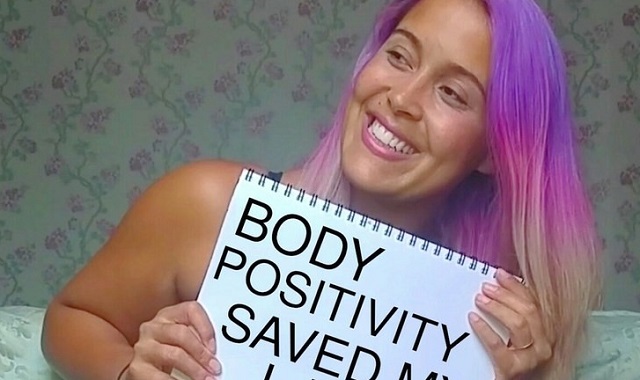
The Sunday News

Rutendo Chidawanyika
THE world’s biggest female tennis star gets told off for wearing too much clothing on the court. Researchers found that girls as young as eight are suffering from poor body image.
Now, in the latest era in the relentless war on body positivity, a popular women’s magazine was accused of promoting obesity after it featured a plus-size model on the cover.
Body positivity began as a powerful cure to the media’s obsession with skeletal models and beach ball-breasted glamour girls.
Empowering women of non-Barbie proportions to feel good about themselves, the movement has attacked impossible beauty ideals that confront us in advertising, branding and beyond, criticising everything from the thigh gap trend to green juice cleanses.
Its success has led to a series of positive changes, including the decision to ban the use of rail-thin models in several European countries.
In the countries overseas, body positivity has fuelled a backlash against the clean eating movement, with health experts linking questionable nutritional advice to a rise in eating disorders such as orthorexia (an obsession of eating healthy foods).
But as we move away from the skinny goals of the mid-2000s and embrace different shapes and sizes, one group of campaigners has taken things a step too far.
Fronted by plus-sized models and social media influencers, the fat acceptance movement aims to normalise obesity, letting everyone know that it’s fine to be fat.
With terms such as “straight size” and “fat pride” escalating, some influential figures are now even likening the valid concerns of health officials to hate crimes.
First of all, the basic ideals of body positivity are not bad: People should not be mistreated because of their weight, and we should never feel pressured to get our bodies to fit some model ideal of “thinness.”
That’s clearly not possible — or remotely healthy — for most people. And we should all learn to love ourselves, whether we’re a size 8 or size 20.
But it’s not that easy. In fact, for some people, like myself, the body-positivity movement only makes things more complicated: Fat people now get the privilege of being judged by others for being too big while simultaneously being preached at that they should just love themselves, muffin-top and all.
The plus-size movement may help promote body positivity but it is having the unintentional consequence that people start believing they are a healthy weight.
HOWEVER
Body positivity can mean accepting the body you have as well as the changes in shape, size, and ability it may undergo due to nature, age, or your own personal choices throughout your lifetime.
It’s the understanding that your worth and what’s going on with you physically are two separate entities — that no matter what’s happening inside, outside, or to your body, you’re still just as worthwhile as the person next to you.
To be body positive, it is important to assume responsibility for figuring out what your body needs.
Another approach to being body positive is to examine the messages you’ve received — and continue to receive — throughout your life about health, weight, food, and exercise.
You’ll want to pay attention not only to what you’ve been told by the media and medical professionals, but also by your family, friends, and culture.
Once you clearly identify the messages, you can begin to think critically about which ones work for you.
Thin girls are just that — thin. Slim.
Curvy girls are thin in specific places, but have a bit more meat on other places.
Fit girls have thinner bodies, but are lean and you can see some muscle.
Chubby girls aren’t fat, but are a tad heavier than curvy girls.
The lines can get a bit blurred when you don’t fit completely into one category. For example, a thin girl who’s on the fit side, or a curvy girl on the chubby side.
But generally, these are labels to describe people’s personal preferences and don’t really matter. One person’s definition of a term may be different from another’s.
Everyone deserves to feel that they are beautiful and worthy. The body positivity movement isn’t promoting some new unhealthy lifestyle trend.
It’s telling everyone that they deserve self-love and that you can be healthy and overweight. Arguing that the body positivity movement “promotes obesity” demonises self-love, and feeds into a toxic body image culture.
It’s time we start letting people love themselves. -Additional information from Online sources.



